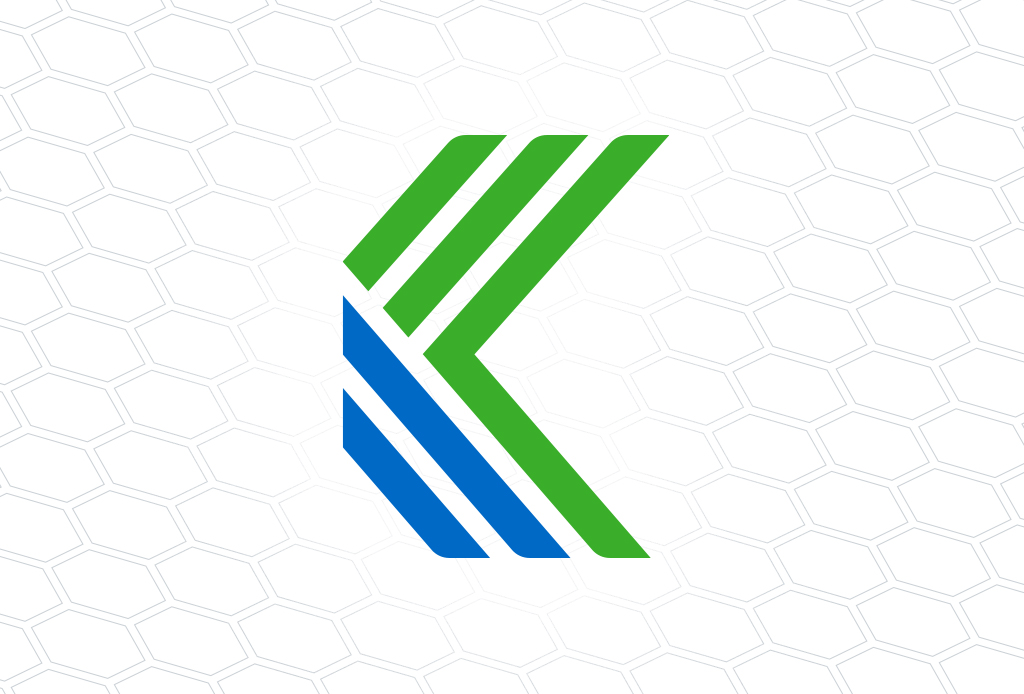The Winter Conference on Applications of Computer Vision (WACV)
Hosted by the IEEE Computer Society and the Computer Vision Foundation
January 4-8, 2022 at the Waikoloa Beach Marriott Resort in Waikoloa, Hawaii
WACV is a forum for computer vision researchers working on practical applications to share their latest developments. It solicits high-quality, original submissions describing research on computer vision applications. Unlike other vision conferences, WACV emphasizes papers on systems and applications with significant, interesting vision components.
Kitware has supported WACV over the past few years, serving as sponsors, exhibitors, and presenters. We showcase our ongoing research and how we apply computer vision to solve challenging problems across sea, air, space, and terrestrial domains. It is also a great opportunity to meet with government and industry researchers, academics, and students to discuss collaboration opportunities.
You can register to attend WACV here.
KITWARE’S ACTIVITIES AND INVOLVEMENT
Kitware is a Gold Sponsor of WACV this year and will have in-person exhibit space. Scott McCloskey, Anthony Hoogs, and Brian Clipp are all area chairs.
We are also proud to share that two of our papers were accepted this year. “X-MIR: Explainable Medical Image Retrieval,” written by Brian Hu, Bhavan Vasu, and Anthony Hoogs, addresses the need for explainable AI (XAI) tools in healthcare, specifically relating to explainable image retrieval. For example, given the chest X-ray of a patient with COVID-19, can we use an AI model to find similar cases in a large archive of unlabeled chest X-rays? Can we understand why the model retrieves the results it does? Our tests show that saliency maps help reveal the image features used by models to determine image similarity, and our results have the potential to aid clinicians when viewing medical images and address an urgent need for interventional tools in response to medical emergencies such as COVID-19. The source code is publicly available at: https://gitlab.kitware.com/brianhhu/x-mir.”
Our second accepted paper, “On the Maximum Radius of Polynomial Lens Distortion,” was written by Matthew J. Leotta, David Russell, and Andrew Matrai. This paper explores the issues that result from calibrating cameras when the estimated lens distortion models are not always valid and can produce incorrect behavior when they fold back on themselves. This can often go unnoticed when simply warping to undistort an image. However, in applications such as augmented reality where 3D scene geometry is projected and distorted to overlay an image, this folding can result in a surprising behavior. We’ve developed a simple algorithm to compute if and when this bad behavior will occur and tested this on a large public database of lens models. Experiments on the popular Lensfun database demonstrate that this folding problem exists on 30% of lens models used in the wild.
In addition, Kitware is co-organizing the following workshops:
Human Activity Detection in multi-camera, Continuous, long-duration Video
Co-organizer: Anthony Hoogs, Ph.D.
January 4, Full-day
This workshop will focus on human activity detection in multi-camera video streams. This ability is important to the computer vision community due to its wide range of applications, from public safety and security to traffic monitoring to eldercare/childcare, and more. There will be three invited keynote talks from experts in the field, in addition to three talks from the best performers on the ActEV Self-Reported Leaderboard (SRL) Challenge challenges.
Dealing with the Novelty in Open Worlds
Co-organizer: Christopher Funk, Ph.D.
January 4, Full-day
Computer vision algorithms are often developed inside a closed-world paradigm, for example, recognizing objects from a fixed set of categories. However, the “world” is open and constantly and dynamically changes. As a result, when the “world” changes, these computer vision algorithms are unable to detect the change and then continue to perform their tasks with incorrect and sometimes misleading predictions. In this workshop, we aim to facilitate research directions that aim to operate well in the open world while maintaining performance in the “closed” world. Many real-world applications considered at WACV must deal with changing worlds where a variety of novelty is introduced (e.g., new classes of objects).
Real-World Surveillance: Applications and Challenges
Co-organizer: Anthony Hoogs, Ph.D.
January 8, Full-day
This workshop will cover topics related to the application of computer vision in real-world surveillance, the challenges associated with this surveillance, and mitigation strategy on topics such as object detection, scene understanding, and super-resolution. The workshop will also address legal and ethical issues of computer vision applications in these real-world scenarios, for example, detecting bias toward gender or race.
Workshop on Applications of Computational Imaging
Co-organizer: Scott McCloskey, Ph.D.
January 8, Half-day
Computational imaging offers better image quality, more information (e.g. 3D or multiple views), and reductions in size, weight, or power consumption than traditional cameras. Though they are more commonly used in consumer applications, computational cameras can also be useful in industrial, scientific, and defense domains. This workshop will be comprised of researchers who will discuss these applications of computational imaging.
Online and Physical Event
Waikoloa Beach Marriott Resort
Waikoloa Beach Marriott Resort in Waikoloa, Hawaii
69-275 Waikōloa Beach Dr, Waikoloa Beach, HI 96738
Waikoloa Beach, Hawaii
Virtual Location
